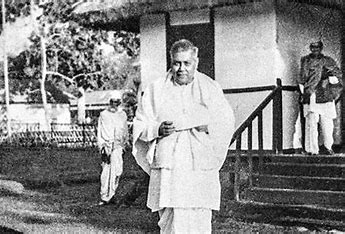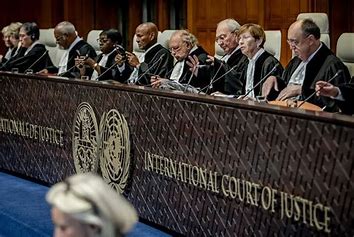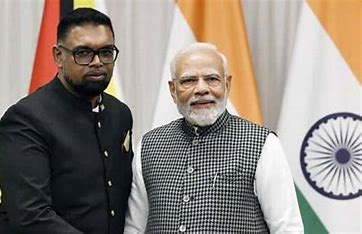
As India celebrates its 78th Independence Day, it’s essential to remember the heroes whose contributions ensured the nation remained united. Among these figures is Gopinath Bordoloi, a leader whose steadfast determination played a critical role in keeping Assam within India, thwarting its potential merger with East Pakistan during the tumultuous partition era.
Assam’s Unique Identity at Risk
During the partition, Assam’s cultural and linguistic distinctiveness was at stake. Unlike Bengal, Assam was a region where Assamese was predominantly spoken, with a rich cultural heritage that set it apart. Despite this, Assam faced the threat of being grouped with East Bengal, which was to become East Pakistan. This grouping was a part of the British administrative divisions and was further pushed by the Cabinet Mission’s recommendations in 1946.
The Cabinet Mission’s Controversial Plan
In May 1946, the Cabinet Mission suggested grouping Assam with Bengal to frame provisional constitutions for both provinces. This decision, based on economic and defense considerations, was a compromise with the Muslim League, which sought to include Assam—a Hindu-majority region—in Pakistan.
Bordoloi, along with the Assam Congress, vehemently opposed this plan. Despite minimal support from national leaders, including Jawaharlal Nehru, Bordoloi was determined to keep Assam within India. He recognized the British motives and the potential disaster for the Assamese people if the region were merged with Pakistan.
Bordoloi’s Leadership and Advocacy
Bordoloi’s efforts went beyond mere opposition. He actively championed Assam’s unique cultural identity, arguing that it was incompatible with the Bengali-majority East Pakistan. His passionate advocacy and strategic political maneuvering were crucial in preventing Assam’s inclusion in Pakistan.
One of Bordoloi’s significant challenges was the Sylhet referendum, where the Sylhet district voted to join Pakistan. Despite this setback, Bordoloi’s strategic interventions ensured that the broader status of Assam as part of India remained unthreatened.
The Demographic Challenge
The Muslim League had long aimed to absorb Assam into East Bengal, with Syed Saadullah leading efforts to increase Muslim influence in Assam. This demographic shift was seen as a way to bolster the League’s ambitions. However, Bordoloi remained an unyielding barrier to these plans. His courageous decisions, even at the cost of his political career, were instrumental in protecting Assam’s identity and future.
Mahatma Gandhi’s Support
Mahatma Gandhi’s endorsement of Bordoloi’s mission was a turning point. Gandhi’s backing validated Bordoloi’s concerns and gave a significant boost to his efforts. With Gandhi’s support, Bordoloi’s advocacy gained national attention, further securing Assam’s place within India.
Defeating the Grouping Plan
Bordoloi’s resistance to the ‘Grouping Plan’ proposed by the Cabinet Mission was marked by deep conflict with the Congress Working Committee. Despite criticism from Nehru, Bordoloi remained steadfast in his opposition, understanding that Assam’s inclusion in Group C, with Bengal, would have endangered its cultural identity and territorial integrity.
Legacy of Gopinath Bordoloi
Gopinath Bordoloi’s legacy is a testament to his relentless commitment to preserving Assam’s identity and ensuring its place within a united India. His leadership, advocacy, and strategic negotiations were crucial in averting the potential disaster of Assam’s inclusion in Pakistan. Today, as India celebrates its independence, Bordoloi’s contributions serve as a powerful reminder of the sacrifices made to keep the nation whole.















